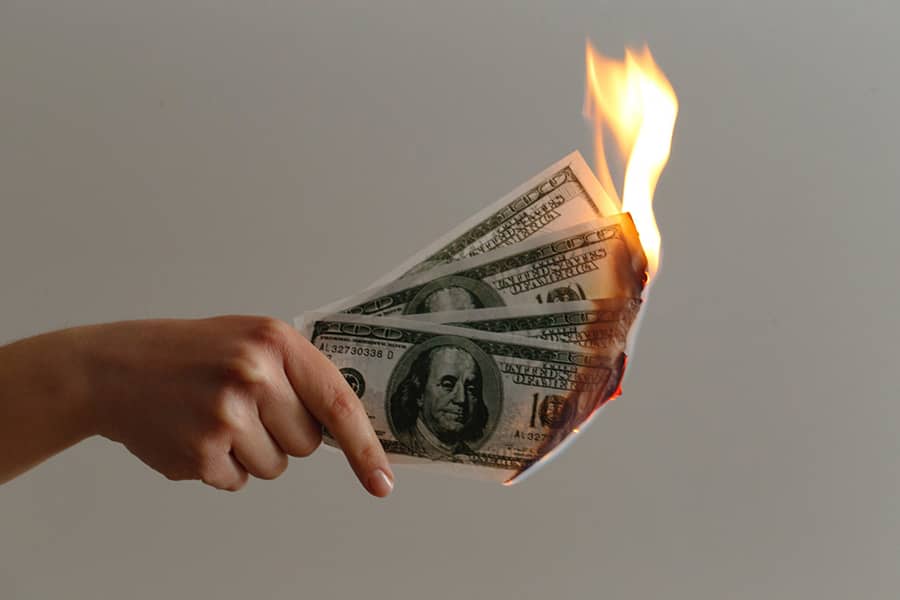A customer is late in paying their invoice: a familiar problem that you’re sure to have encountered. In the best-case scenario, the problem can be resolved with a reminder. But the worst case is if they cannot pay you at all – which of course has consequences for your business.

Unfortunately, delayed or delinquent payment is something that happens regularly and affects both large and small companies. For small businesses, losing as much as 100,000 euros in unpaid invoices can endanger their entire business. It can lead to a much lower annual turnover, or even worse: to the inability to meet the company’s own financial obligations. For a larger company, it may not have such a huge impact in the short term, but in the end it takes a ton of time and energy to resolve the matter, sometimes increasing your own costs far beyond the original unpaid invoice. When that happen, you may often think that you would have liked to assess this risk more accurately beforehand.
Know when your client is in dire straits
Fortunately, there are indicators that allow you to recognize customers with a history of paying late or not at all. Combine the checklist below with D&B Credit to protect your company.
Checklist: 5 ways to recognize and prevent defaulters
1. A negative result on the credit check
At the risk of stating the obvious, it is still worth mentioning in this checklist. Always do a credit check before you deliver. Assess whether the customer’s financial situation is solid enough to meet the (financial) obligations during the term of the service – and discuss the payment terms in this preliminary phase. Does a customer have a poor credit rating? Then you may want to opt for delivery after prepayment.
2. The board changes
Major changes in senior management, especially in smaller and mid-sized companies, are important to check out – because this might mean that something is not right. If you detect a change in the board, find out the reason before you continue to deliver.
3. The customer is featured in negative news stories
Reputational damage can lead to financial loss. Keep a close eye on the media and be especially alert if the negative news is accompanied by a change in payment behavior.
4. Payments are getting slower and slower
If a customer starts paying with a delay, it should be a warning sign. Changes in the payment pattern are often a sign of financial deficits. Of course that does not immediately mean that a customer will go bankrupt, but delayed payments are often a first sign of future defaults.
Fortunately, a change in a customer’s payment pattern is easily detected with Altares Dun & Bradstreet’s unique payment score – the Paydex®. The Paydex® gives an objective assessment of how fast a company pays its invoices. Thanks to this payment score, you can identify negative trends in time and take the necessary preventive measures to minimize cash flow problems.
5. The customer’s credit rating suddenly plummets
Obviously, you’ll check the customer’s credit rating before you deliver to them… But your biggest risk only really starts after that point. Once your customer has been added to your portfolio, it is important to ensure that you can continue to effectively respond to the customer’s potentially changing risks. Perform a risk analysis for all customers and decide how you’ll monitor your customers, and how often. Is an established customer displaying a declining rating? Then you should definitely contact them and ask about the reason for this downward trend.
Conclusion: Stay alert, stay informed
Even once the customer has gone through the onboarding process, it remains important that you keep monitoring how the customer is doing. Make sure you keep an eye on the situation. Find out what exactly is going on if you see a change in the customer’s payment behavior, credit rating or management board. Also download our whitepaper "Prevent late payers and defaulters: Protect your organization and get paid faster" . It’s packed with tips to help ensure that you get fast payment.
